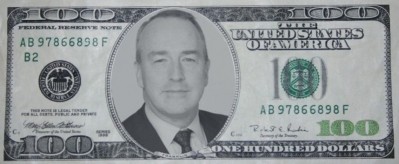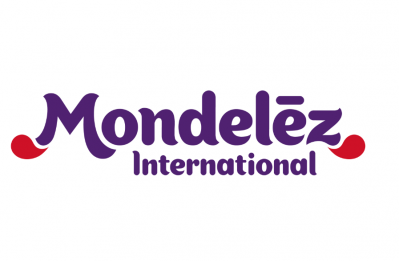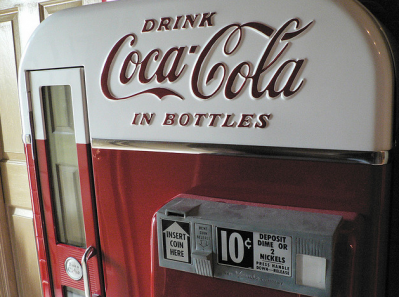'Snacks powerhouse' unveils plan to shrink beverage business
‘Terrific coffee growth!’ But Mondelez spits out Tassimo not Trident

Rosenfeld was speaking as Mondelez reported its Q1 2014 results yesterday, which were dominated by news of its mega deal to combine its coffee business with that of D.E Master Blenders (DEMB).
The deal will create the world’s leading pure play coffee company – with circa. $7bn in sales and a pool of brands including Mondelez’s Jacobs, Carte Noire and Kenco and D.E’s Douwe Egberts and Senseo.
Named Jacobs Douwe Egberts and led by DEMB CEO Pierre Laubies, the new business will rival Nestle for dominance of the $81bn global coffee category with market leading positions in 24 countries and a sizeable emerging market footprint.
Mondelez will trouser $5bn in cash
Mondelez will pocket $5bn in cash proceeds as a result of the deal and retain a 49% interest in the combined company, and claims the deal will allow it to focus purely on its global snacks business – key brands here include Cadbury, Milka and TUC.
Executives predict that the firms beverage portfolio will shrink so that they only account for 6% of a 2013 revenue of $31 (calculated on a pro forma basis) versus the 17% of $35bn actually reported.
CFO Dave Brearton talked of headwinds in coffee during yesterday’s earnings call, with emerging markets up nearly 7% due to challenging conditions in a number of countries, and sales in developed markets essentially flat with 0.2% growth.
Analyst Bryan Spillane from Bank of America Merrill Lynch asked Rosenfeld about the strategic rationale for the coffee merger – was it driven by coffee industry changes or how coffee sits in the Mondelez portfolio?
“Coffee continues to be a very attractive category. It’s growing, it’s got good margins. In fact, margins are above our Mondelez average, and we’ve seen terrific growth as you know, in on demand in particular,” Rosenfeld replied.
'I really think this partnership is a win win' - Mondelez CEO Rosenfeld
“We saw a unique opportunity to combine our business with the DEMB portfolio. I really think the partnership is a win win,” she said. Mondelez and DEMB hope for regulatory approval in 2015.
Rosenfeld said Mondelez would use the $5bn cash proceeds to buy back shares, and the balance for debt reduction and general corporate purposes.
“At the same time we also receive a 49% interest in a very attractive company. It’s a leading pure play coffee company, it has a set of iconic brands with leading positions in over a dozen markets,” she said.
“It provides greater global scale and it’s highly complementary in terms of a geographic footprint. Both businesses come with some very strategic technologies, us and R&D and on demand, DEMB has strong technology in liquid coffee,” Rosenfeld said.
We’re going to combine the best of both from a management team standpoint – we feel very good about our partners…and it gives us the ability to focus our snacking portfolio much more directly and ensure we have the opportunity to optimally allocate our resources,” she added.











